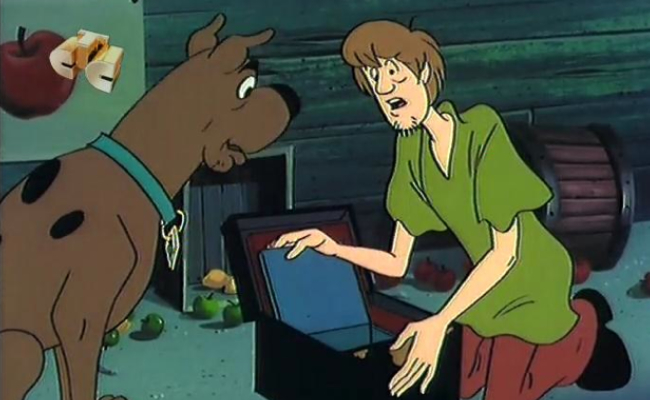Master of Dungeons Blog just released a deck of cards based of our ongoing series of Non-Combat Magical Items. The deck is available here at DriveThruRPG. If you want to support Master Of Dungeons, or just want a unique but cheap Christmas present, then I encourage you to check it out. The upcoming item is a more in-depth look at an item available in the deck.
Gold Dagger of the God-Killer
Wondrous item, legendary
Like all Non-Combat Magical Items on MasterOfDungeons this
article should be taken as inspiration, not a rule of law. Non-Combat Magical
Items can be used in combat, they just aren't as simple as a +3 sword of
cutting stuff. You are the master of your own dungeons and you should modify
and change anything to fit your table and your world. You could modify this dagger
so that it works only on a specific god or fiend. Or that it contains multiple
gems that are the source of its power and each gem must be collected from
around the planes. Each god could own their own dagger that can only be used on
themselves, and they guard it with all of their power. Always try to modify any
RPG ideas you find, it will make you a better Master of Dungeons, as well as make
everything better suited for your players.
I list the Gold Dagger of the God-Killer to humour the extremists who believe that a mortal can become a god, not because I believe this item truly exists. - Lougwa's Manifest of Magic Artifacts
This item appears to be an exotic, gold, gem-encrusted,
ceremonial dagger. It is extremely rare, with many religious and magical
scholars doubting that it truly exists. Legends says the dagger can kill a god.
Variations of the legends say it can be used not just to kill a god, but a
demigod, demon-lord, fiend, titan, ancient, or any incredibly powerful
celestial or demonic being.
A god who is killed by being stabbed in the heart by this
dagger is permanently destroyed, preventing all resurrection and immortality
that gods are capable of. The dagger only works when used on the actual god,
and not an avatar or manifestation. The dagger acts as a channel for the godly
powers of the dead god, transferring all powers into the attacker. All planes
or realms under the dominion of the dead god are transferred to the attacker,
as well as all abilities, and godly titles.
Some say that the dagger works no matter what state the god
is in, but most agree that the god must be reduced to a severely weakened state
(0 HP) before the dagger is used. If
this dagger does exist, it is interesting to theorize whether any of the
existing gods gained their power through this or a similar
This item could be an interesting relic to give to your players. If they don't encounter a god then it will likely be useless. It could also be a powerful artifact that a campaign is built around. If you introduce this item in your games please let me know, either in the comments, Google Plus, Facebook, Twitter or email at MasterODungeons@gmail.com
The write-up of the Potentially Sentient is obviously far more in-depth than what can fit in the deck on the face of a playing card. If you pick up the Non-Combat Magical Items Deck from DriveThruRPG (and it would be a fantastic way to support this blog). I recommend that you use the items as a jumping off point.



.jpg)




